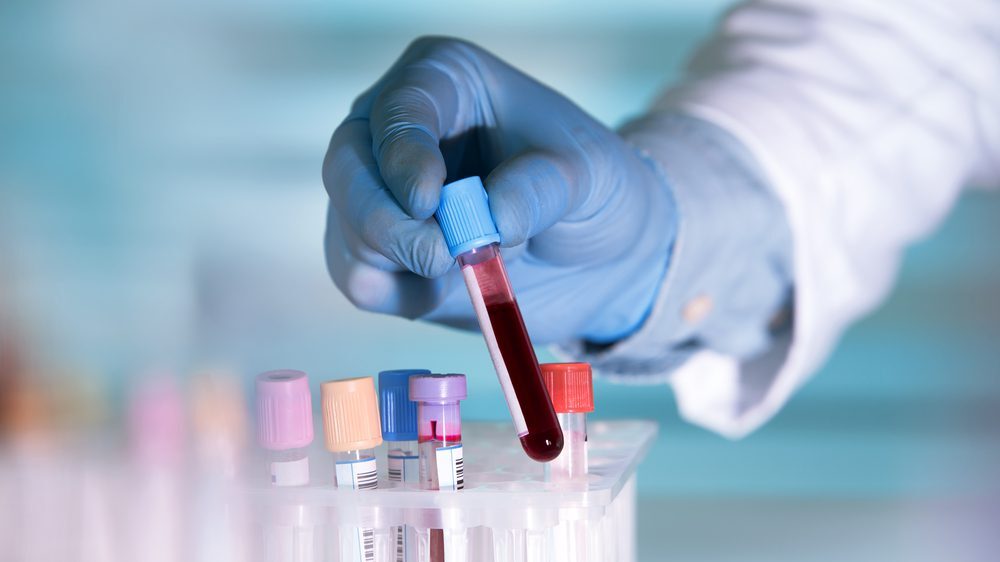
Russian journalist Elena Kostyuchenko was most likely poisoned in Munich in October 2022. That is the conclusion of a joint investigation carried out by Latvia-based Russian publication The Insider and the investigative journalism group Bellingcat, reports Novaya Gazeta, a Russian opposition newspaper that moved its offices to Latvia last year following a crackdown by Russian authorities.
Kostyuchenko shared her story for the first time in Russian outlet Meduza—also based in Latvia—and U.S. publication n+1 on Tuesday, August 15th.
The journalist and gay rights activist, an outspoken critic of Russian President Vladimir Putin, travelled last year to Ukraine to cover the first few weeks of the Russian invasion for her newspaper, Novaya Gazeta. She was able to make her way deep into dangerous territory—Odesa, Mykolaiv, Kherson, and Zaporizhzhia, cities being bombarded by Russian airstrikes. While Kostyuchenko was preparing for her trip to Mariupol, another besieged Ukrainian city, a source in Ukrainian military reconnaissance told her that Chechen soldiers actively engaged in the fighting around Mariupol knew about her impending trip and had orders to kill her. Kostyuchenko’s editor-in-chief, Dmitry Muratov, then asked her to leave Ukraine immediately, a request she complied with.
Kostyuchenko moved to Berlin, with Muratov repeatedly begging her not to go back to Russia, because—he said— “they will kill you”. Novaya Gazeta had meanwhile been shut down by Russian authorities and opened a new office in the Latvian capital, Riga. Kostyuchenko started working for the website Meduza in September, and the story of her probable poisoning starts with a train journey she made in October to Munich, where she intended to apply for a Ukrainian visa to continue covering the war for Meduza. In Munich, she met a friend for lunch. Kostyuchenko recalls:
“While we were sitting there, two different groups of her acquaintances happened to run into us. They came up to our table—there was a man, and then two women … Then my friend took me to the train station. As we approached it, she said, ‘Listen, I have to tell you: you smell bad. Let me find you some deodorant’.”
The journalist fell ill on the train and in the next couple of days her “sweat smelled strong and strange, like rotten fruit”, she had headaches, felt dizzy, had stomach pains, her face and fingers swelled up, and she felt incredibly weak and tired. The first few blood tests revealed extremely high levels of liver enzymes, and blood was found in her urine. After still not recovering, and having another round of blood tests, she was told by her doctor that she may have been poisoned.
In order for her to get blood tests done for poisoning, the police had to be informed. She was questioned by the German senior detective who had investigated the killing of a Chechen exile shot dead by a Russian assassin in a park in central Berlin in 2019. The police did not find “any indication” that there had been an attempt to kill Kostyuchenko: “[B]lood test results do not conclusively indicate poisoning.”
The Berlin Prosecutor General’s office closed the case in May, however, they reopened it on July 21st due to “further considerations” of the circumstances rather than newly emerged evidence.
In her story, Kostyuchenko reveals that though she is slowly recovering, even today, she has hardly any energy, and can only work three hours a day.
The Insider and Bellingcat have been investigating a series of poisonings in Europe, with all the known targets being female Russian journalists.
Natalia Arno, president of the Washington, D.C.-based Free Russia Foundation that supports Russian activists, journalists, and pro-democracy organisations, told The Insider that after attending a private event in Prague, she returned to her hotel room that bore signs of trespass, and later woke up with agonising pain sweeping through her body. When she returned to the United States, her doctors confirmed she was indeed poisoned, specifically by “nerve toxins.”
Irina Babloyan, a journalist, who relocated from Moscow to Tbilisi, Georgia, also suspects being poisoned while staying in a hotel, experiencing aching pain, weakness, and insomnia.
As The European Conservative reported earlier, there have been other high-profile cases of poisoning allegedly masterminded by the Kremlin. According to British authorities, the former spy Sergei Skripal and his daughter Yulia were both poisoned with a nerve agent in the UK in Salisbury, in 2018 by the Russian military intelligence. Imprisoned opposition leader Alexei Navalny was allegedly poisoned by a nerve agent by the Russian secret service FSB in 2020.
